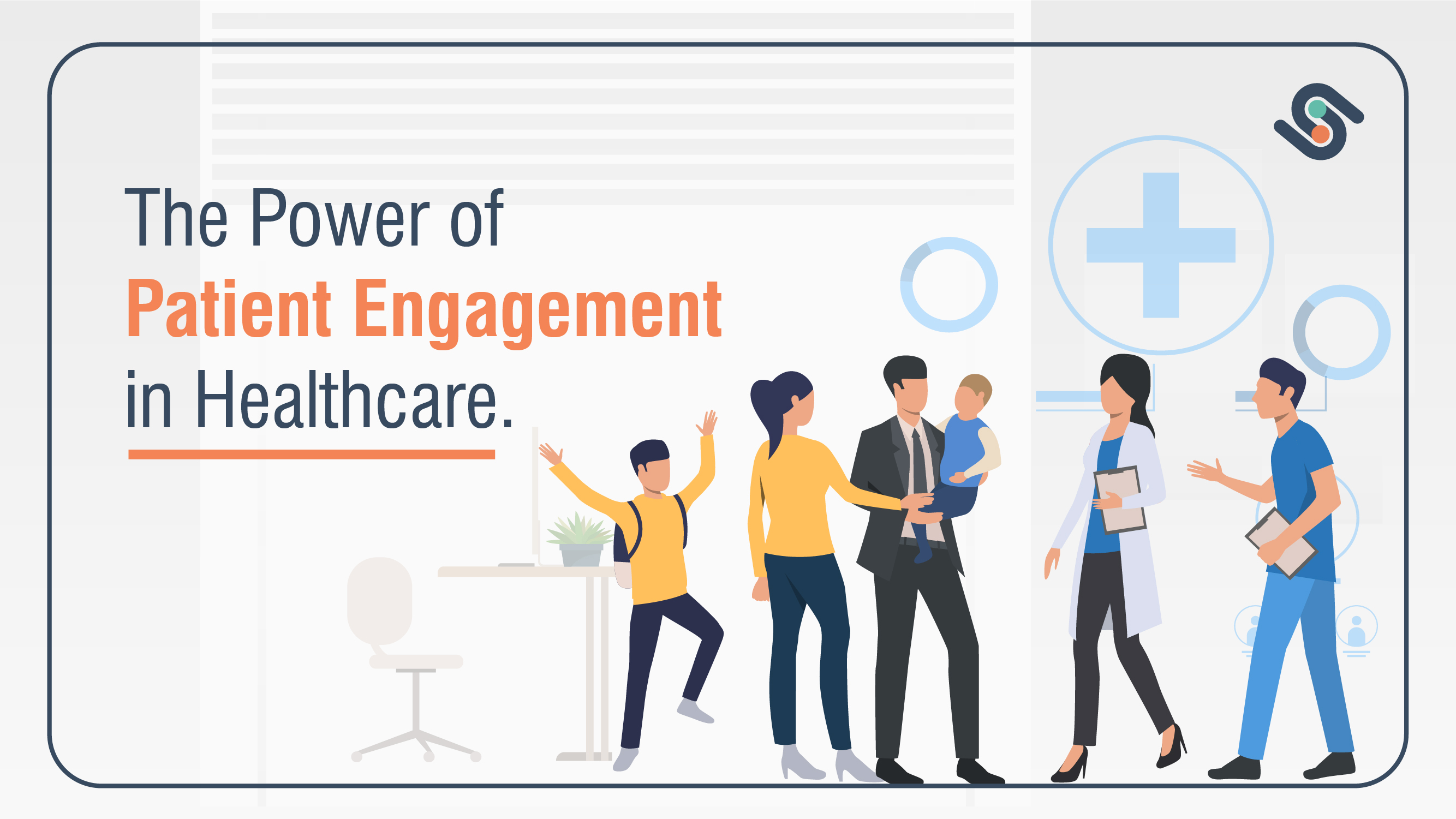Mental Health Literacy Education: Empowering Individuals And Communities

Table of Contents
Understanding Mental Health Conditions
Understanding common mental health conditions is the cornerstone of mental health literacy. Many conditions, such as anxiety disorders, depressive disorders, and post-traumatic stress disorder (PTSD), affect millions globally. It's crucial to dispel myths and misconceptions surrounding these illnesses. Mental illness is not a character flaw or a sign of weakness; it's a treatable health condition affecting the brain.
- Anxiety Disorders: Characterized by excessive worry, fear, and nervousness. Symptoms can include rapid heartbeat, shortness of breath, and difficulty concentrating.
- Depressive Disorders: Involve persistent sadness, loss of interest, and feelings of hopelessness. Symptoms can include changes in appetite, sleep disturbances, and fatigue.
- PTSD: Develops after experiencing or witnessing a terrifying event. Symptoms can include flashbacks, nightmares, and avoidance of reminders of the trauma.
Early identification and intervention are critical for positive outcomes. The impact of stigma on help-seeking behavior is significant; many individuals delay or avoid seeking help due to fear of judgment or discrimination. Addressing stigma is paramount to improving mental health outcomes.
Recognizing the Signs and Symptoms of Mental Health Challenges
Recognizing the warning signs of mental health challenges in oneself and others is a vital aspect of mental health literacy. Early detection allows for timely intervention, potentially preventing more severe issues. It's essential to differentiate between normal stress and persistent mental health concerns. Normal stress is temporary, while mental health challenges often persist and significantly impact daily life.
- Common Signs and Symptoms: Changes in mood, sleep patterns, appetite, energy levels, concentration, and social withdrawal. Increased irritability, anxiety, or feelings of hopelessness are also common indicators.
- Seeking Professional Help: If you notice persistent symptoms or concerning changes in behavior, seeking professional help is crucial. Don't hesitate to reach out to a mental health professional for guidance and support.
- Self-Assessment Tools: Several online self-assessment tools can help determine whether professional evaluation is necessary. These tools offer a preliminary screening but should not replace a proper diagnosis by a qualified professional.
Utilizing readily available mental health resources and self-assessment tools empowers individuals to take proactive steps towards improving their mental well-being.
Promoting Help-Seeking Behaviors and Access to Resources
Numerous barriers hinder individuals from seeking mental health help. Stigma remains a significant obstacle, alongside financial constraints and limited access to services, particularly in underserved communities. Overcoming these barriers requires a multifaceted approach.
- Mental Health Resources: Organizations like the Substance Abuse and Mental Health Services Administration (SAMHSA) and the National Alliance on Mental Illness (NAMI) provide valuable resources, including helplines, support groups, and referrals to mental health professionals.
- Mental Health Professionals: Various professionals, including psychiatrists, psychologists, therapists, and social workers, offer different types of mental health support. Choosing the right professional depends on individual needs and preferences.
- Navigating the Mental Health System: Finding and accessing appropriate mental health services can be challenging. Understanding insurance coverage, treatment options, and the process of finding a provider are crucial steps.
Providing clear pathways to access mental health resources and support systems is crucial in improving mental health outcomes and promoting help-seeking behavior.
Building Supportive Communities and Reducing Stigma
Fostering open conversations about mental health is essential in building supportive communities. Challenging stigma requires consistent effort, promoting empathy, understanding, and acceptance. Education plays a key role in creating a supportive environment where individuals feel comfortable seeking help without fear of judgment.
- Starting Conversations: Initiate conversations with friends, family, and colleagues about mental health. Share personal experiences (if comfortable) to normalize discussions.
- Providing Support: Offer support to someone struggling with their mental health by listening without judgment, offering encouragement, and helping them access resources.
- Mental Health Advocacy: Advocate for improved mental health services in your community by contacting local representatives, participating in awareness campaigns, and supporting organizations working to improve access to care.
By actively participating in stigma reduction efforts and promoting open dialogues, we can collectively build supportive communities that prioritize mental wellness.
Conclusion: Empowering Individuals and Communities Through Mental Health Literacy Education
Mental health literacy education is not merely beneficial; it's essential for creating healthier, more supportive communities. Increased awareness, early intervention, and access to resources are critical for improving mental health outcomes. By understanding mental health conditions, recognizing warning signs, and promoting help-seeking behaviors, we can empower individuals and transform lives. We encourage you to learn more about mental health literacy, share this information with others, and participate in initiatives that promote mental wellness. Engage with organizations like SAMHSA and NAMI, and continue your journey of learning and advocacy to improve mental health for all. Let's work together to build a society where mental wellness is prioritized and valued.

Featured Posts
-
 Salahs Future At Liverpool Contract Talks And Potential Setbacks
May 02, 2025
Salahs Future At Liverpool Contract Talks And Potential Setbacks
May 02, 2025 -
 Veteran Filmmaker Ted Kotcheff Known For Rambo First Blood Dead At 94
May 02, 2025
Veteran Filmmaker Ted Kotcheff Known For Rambo First Blood Dead At 94
May 02, 2025 -
 Northumberland Man Sets Sail A Round The World Journey In A Self Built Boat
May 02, 2025
Northumberland Man Sets Sail A Round The World Journey In A Self Built Boat
May 02, 2025 -
 This Country A Travelers Handbook
May 02, 2025
This Country A Travelers Handbook
May 02, 2025 -
 The End Of A Desegregation Order A Turning Point In School Integration
May 02, 2025
The End Of A Desegregation Order A Turning Point In School Integration
May 02, 2025
